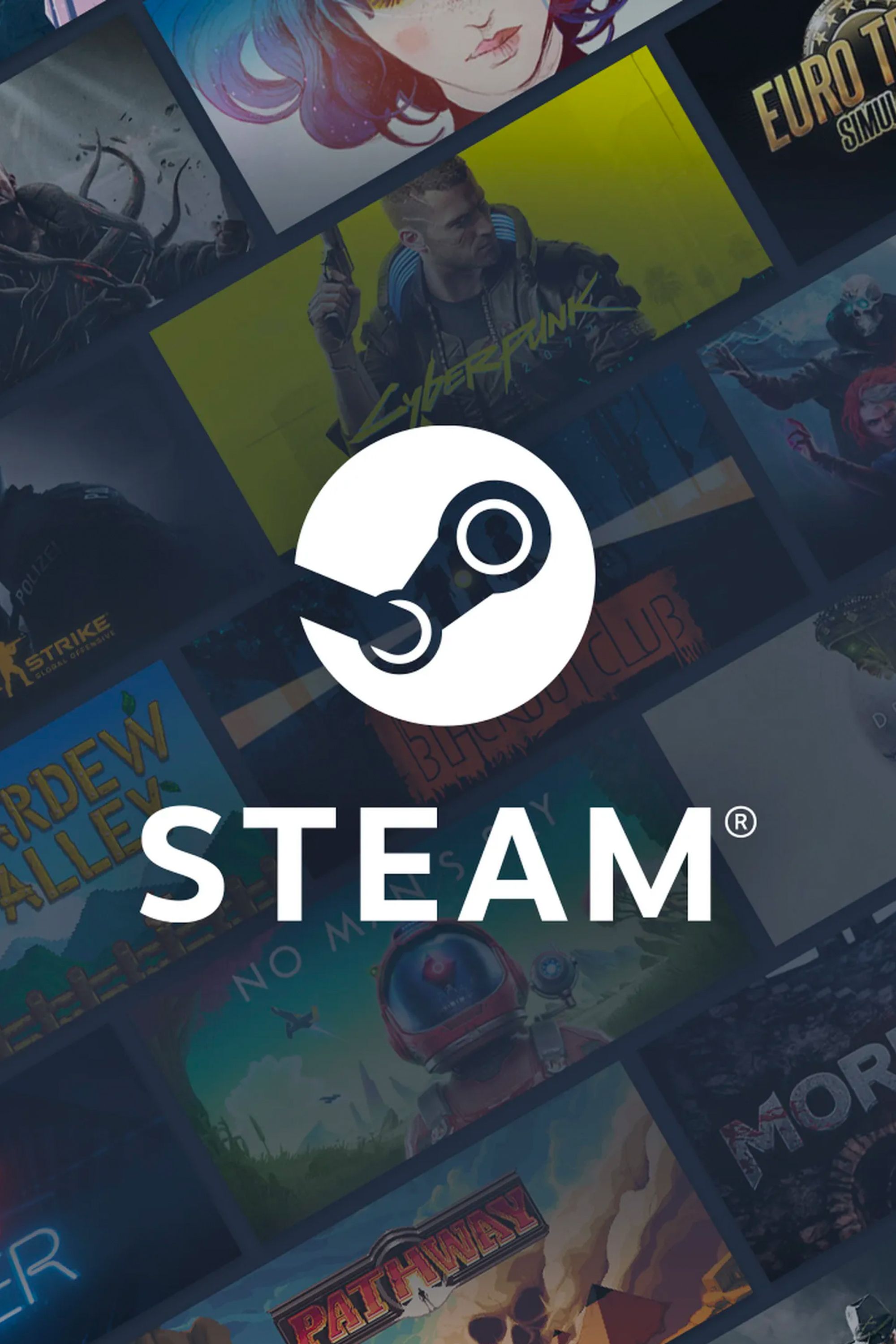Valve Might Be The Best Hope For The Future Of The Gaming Industry

Valve has been the dominant force in the PC market over the years, with Steam being the most popular storefront for PC games and communities. While other competitors have tried to offer superior pricing models or win customers through exclusivity deals, Steam’s overwhelming bundle of features makes it a tough option to beat. While Valve has faced complaints about having a potentially dangerous monopoly over the PC market, a recent announcement regarding the Steam store proves it might be doing more good than anything else.
In recent years, Valve has continued to update Steam with more features than ever, like built-in gameplay recording, on top of new solidified rules, making it a safer space for its users. In the past few weeks, Valve has responded to the growing prevalence of in-game advertisements by updating its rulings to protect players, making developers think twice about including overt ads. This wasn’t the only change made to the Steam store recently either, as Valve previously updated their Early Access storefront tags to warn users when a game has gone too long without an update.
What Steam’s Advertisement Ban Entails
Putting A Stop To Predatory Marketing Practices
As noted by Eurogamer on X, Steam is taking a public stance to crack down on games that either encourage or force players into watching paid advertisements in their games. The announcement goes on to specify that developers can’t require players to watch advertisements to play or lock certain content behind watching ads. With the announcement, Steam is officially forcing developers to remove these features if they hope to sell their games on Steam in the future.
While these rules aren’t exactly new to the platform, they’ve been reemphasized to give developers a clearer picture of what isn’t supported on the Steam store. So far, the announcement has been met with an incredibly positive wave of feedback online, with many posts expressing their support for Valve’s decision.
The Steam Ban Could Have A Massive Impact On Future Releases
Making Developers Think Twice About Their Advertising Methods
Only a year ago, Ubisoft’s Assassin’s Creed Mirage was facing controversy over forcing players to view an ad simply to open their map, while EA’s CEO faced even more controversy over their potential inclusion of adding in-game ads to triple-a games. While both studios have denied their plans to include intrusive advertisements in their games, blaming it on bugs or misinformation, it seems as though it’s only a matter of time until more intrusive ads start creating their way into the gaming industry.

Related
More employees at Ubisoft are being let go, as another studio within the company is being shut down amid turbulence for the publisher.
While these kinds of monetization practices are prevalently seen in the mobile gaming market more than anywhere else, the rise of predatory advertising in games has slowly made its way to the PC through both mobile ports and triple-a experiences. Although PC gamers only generate a fraction of revenue for most studios, it is still a sizeable enough market to influence developers’ decision-making.
Valve’s changes will also have a much larger impact on smaller-scale indie studios that rely more heavily on the PC market, putting a significant roadblock in the way of developers who want to take advantage of the mobile markets’ successful monetization practices. While the Steam ban will have a lesser effect on studios with standalone launchers like EA and Ubisoft, Steam is still popular enough that developers have started selling their products on Steam once again as well.
There’s Still Room For Natural Ads In Steam-Approved Titles
Giving Developers A Chance To Cover Development Costs Without Impacting Gameplay
Despite cracking down on in-game ads, Valve isn’t entirely opposed to developers utilizing advertisements in new games, as long as they’re done naturally and don’t interrupt regular gameplay. While Intergalactic: The Heretic Prophet‘s use of ads in its launch trailer had a mixed reception at first, it’s a perfect example of the kind of in-game advertising Valve would approve of for sale on the Steam store.
Advertisements that make sense in the context of the game world are perfectly fine by Steam’s standards.
According to Valve, advertisements that make sense in the context of the game world are perfectly fine by Steam’s standards, including references to real-life products or brands. Another great example of this exception is through sports and racing games, where advertisements on cars, sporting center signs, or billboards are more accurate to real life than anything else.
On top of these exceptions, Valve has also suggested several alternatives to support developers wishing to port their existing games that rely on these advertisements to PC. Valve suggests making up for the lost revenue by offering a one-time purchase of the PC edition instead, similar to both Hello Kitty Island Adventure and AC: Pocket Camp‘s new pricing strategies. On top of a one-time purchase, Valve also doesn’t condemn developers who add meaningful DLC and microtransactions to their games on Steam, so long as their enticement to players follows the same rules of advertising they’ve previously established.
Sources: Steamworks, Eurogamer/X

Steam
Developed by Valve and released in 2003, Steam is a popular video game distribution service originally used by the company to provide updates for Valve games. In 2005, Steam expanded to distribute third-party titles. Steam users can not only browse games for purchase, but they can also post reviews and upload self-made content.




